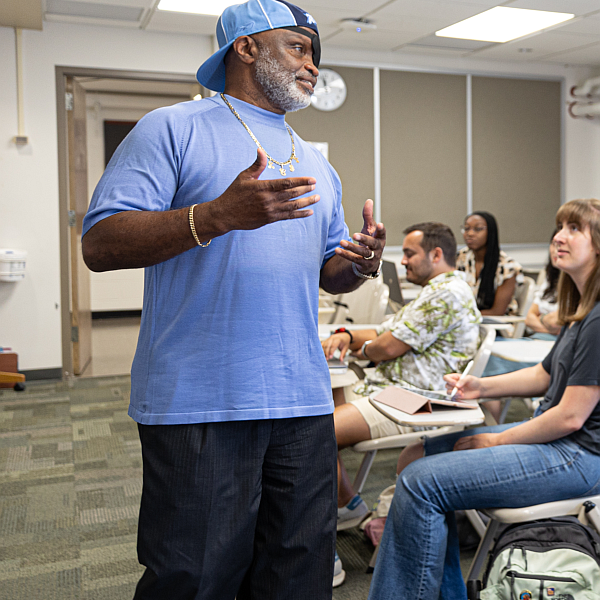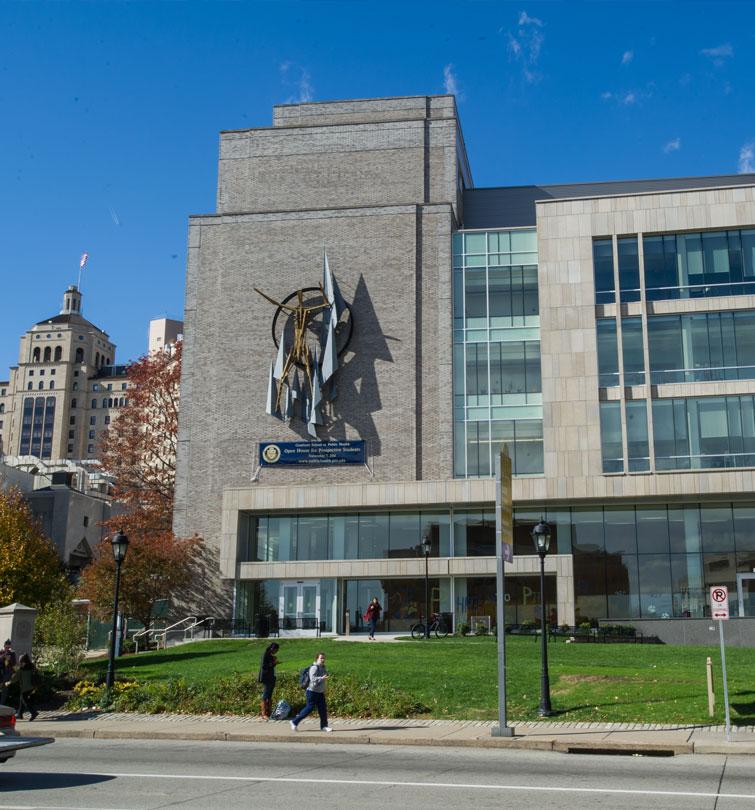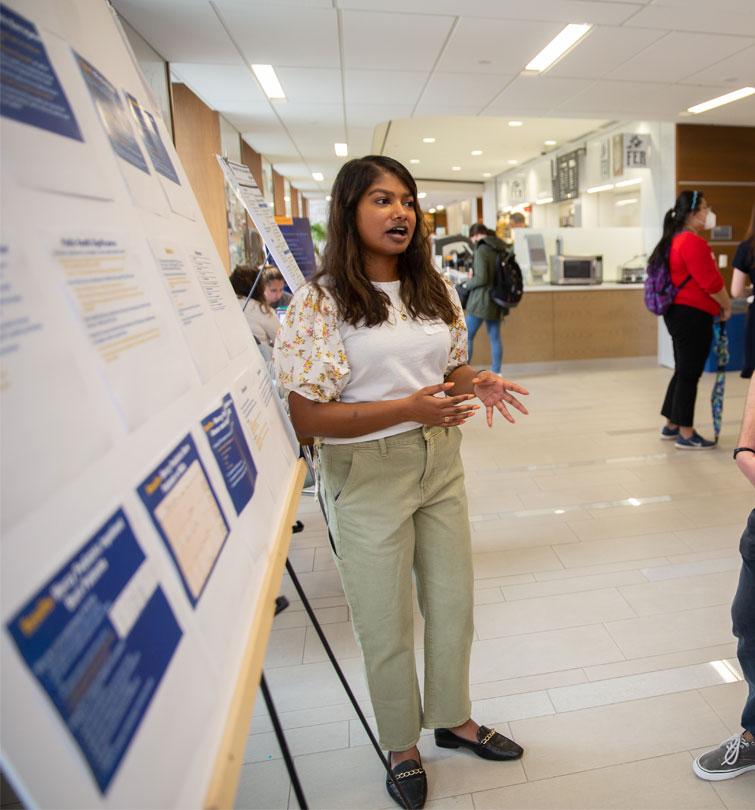
BCHS Newsletter
Get the latest news and accomplishments from BCHS faculty, staff, and students.
Our Mission
We seek to improve and promote health and equity by engaging individuals, communities, and systems through our research, teaching, and practice.


News

Center for Global Health-sponsored team takes second at Global Health Case Competition
A team of six University of Pittsburgh juniors placed second in Emory University’s 2024 Emory Morningside Case Competition held March 21-23. The team was sponsored by the Global Studies Center and the School of Public Health’s Center for Global Health, headed by Behavioral and Community Health Sciences Assistant Professor Cynthia L Salter, PhD.

ART Heals Pittsburgh showcases the role of community art in the wake of the COVID-19 pandemic
Through the collaboration of professors Sara Baumann and Jessica Burke, ART Heals Pittsburgh showcases 27 artists from the greater Pittsburgh region.

Comprehensive sexuality education benefits youths, schools and communities
The team led by Dr. Sara Baumann, assistant professor in the Department of Behavioral and Community Health Sciences, examined the effects of a unique program working with school communities in rural Madagascar.


